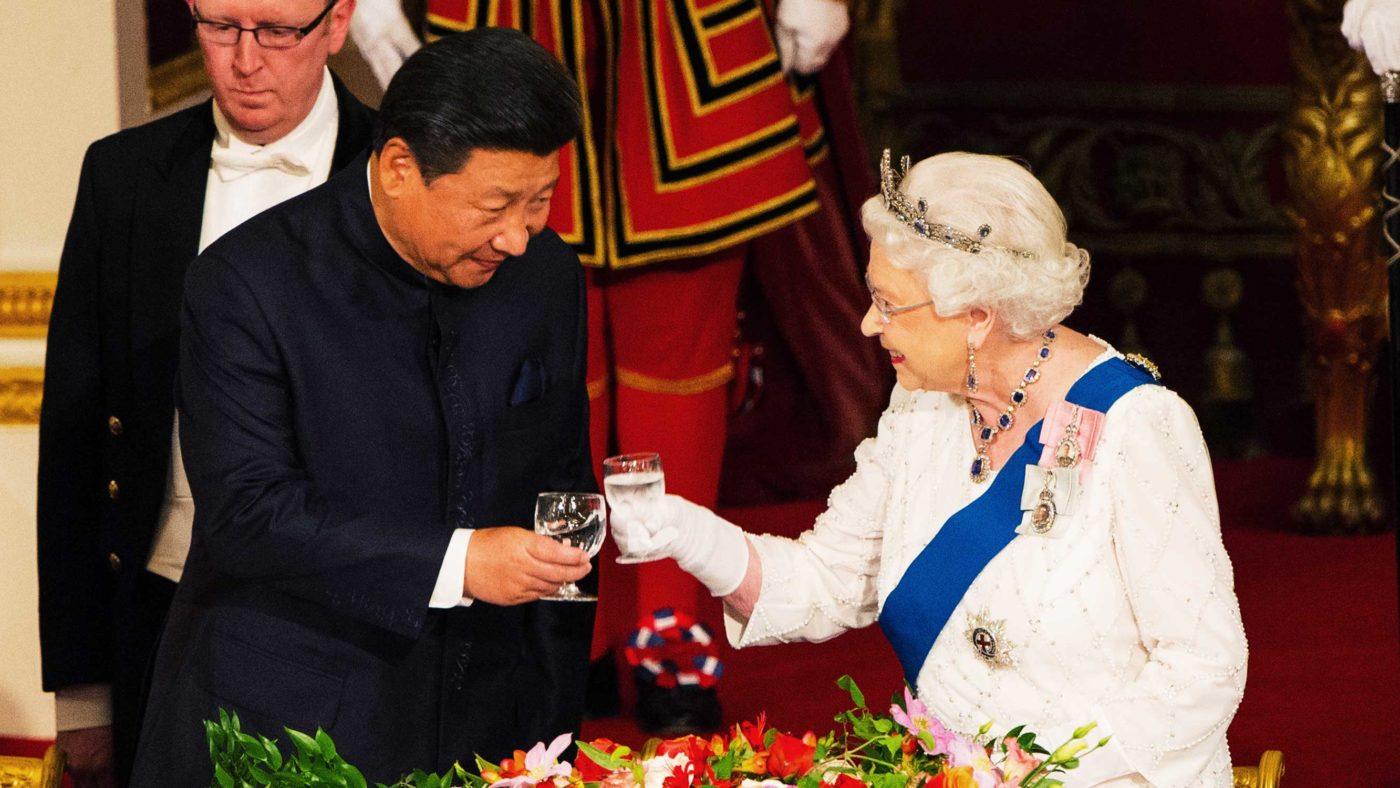With all the clamour and advice being given to the new Secretary of State for International Trade and the new Brexit Secretary, we would sound a note of caution about the specific trading partners that the UK should pick as it starts the complex process of negotiating its exit from the EU, and new trade deals with many other countries. Many have mentioned certain countries like China, the US, Australia and Canada in the same breath as if they have a similar approach to trade negotiations. The reality is that these big markets actually operate differently in a trade negotiation and have very different goals. For example, China still negotiates a classic trade agreement that deals primarily with tariffs in goods. A serious trade agreement with China (which is why the US would not negotiate one) would deal with the distortions caused by its state sector, its subsidization and its artificial increase in the costs of its rivals. These issues in fact are significant causes of the steel surplus which has directly impacted places like Port Talbot and Redcar. If the UK thinks China will lightly deal with these issues, it needs to think again. The same would be true for countries like Brazil and India which have also been mentioned.
On the other hand there are countries which would agree to make progress in the area of the anti-competitive market distortions that plague international trade even when tariffs are lowered. These would be countries like Australia, Canada, the US (depending on its election), New Zealand, Singapore and Hong Kong (as an SAR able to negotiate agreements). It is these countries that the UK should prioritize and consider an Anti-Distortions Agreement (ADA) which would reduce tariffs considerably, eliminate subsidies and drive competition on the merits by removing anti-competitive market distortions. This idea is not new – Mitt Romney proposed something like this in the form of a Prosperity Zone as long ago as 2008. We can, by all means negotiate with China, India and Brazil, but we must be realistic that none of them will make any progress on a reduction of distortions, and failure to do so might do serious damage to the UK’s interests.
Similarly, before we simply replace the Common Agricultural Policy and Common Fisheries Policy subsidies with our own version, let’s consider what a Britain unshackled from the CAP and CFP could do with the Commonwealth’s developing country agricultural producers. With CHOGM 2018 scheduled for London, the announcement of a Commonwealth Free Trade area would be a bold and visionary exercise and one that would be supported by development NGOs for whom CAP and CFP have been targets for a very long time.
Of course, this would all be moot if the UK-EU negotiations result in remaining in the EEA, or in an EFTA option. EFTA’s record of trade agreements has been rather weak (the Swiss-China agreement for example is massively one sided in favour of China which gets almost immediate access to the Swiss market, while Switzerland receives delayed and limited access to China). Naturally none of these agreements go much beyond tariffs in goods. Such agreements would be disastrous for the UK’s services industries which require agreements that cut down the massive regulatory barriers that prevent them from being competitive once they are given access at the border.
The UK may also have the opportunity to improve its own competitiveness through a Productivity and Competitiveness Act which would replace key aspects of hitherto European economic regulation with more pro-competitive and less nakedly mercantilist versions – this could certainly be the case for a new Anti-Dumping and Countervailing Duty law, competition rules, and approach to regulatory promulgation in general. The British people may not embrace the replacement of distortive regulation from Brussels by equally distortive and burdensome regulation from Westminister. In any event, Brexit does represent an opportunity not to blindly harmonize all EU laws and regulations (though some harmonization will of course be necessary given the sheer volume of EU regulations and directives that have some impact on EU law now), but to select those areas where better regulation can be achieved.
Brexit affords the UK an opportunity to work on getting the best deal from the EU, an ADA with like-minded countries, revamping and reviving the Commonwealth, as well as improving its own regulatory system to promote competition and thus wealth creation for the British people. The only danger we face is that we fall into incremental solutions, when we are in a moment where bold strokes and a bold vision are required.


